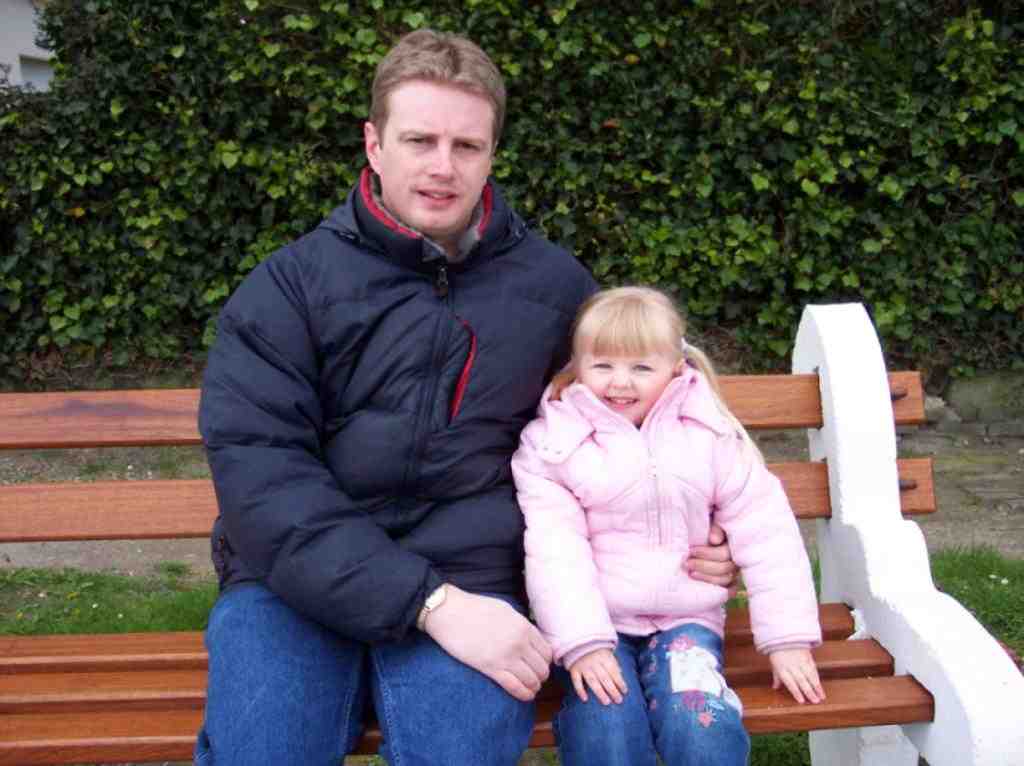Premise or Plot: What have you got?
Catchy title eh?
Anyway, I was reading a post on Scott’s blog about plot. He was mainly talking about comedy where often a movie is built on a premise and has little to no plot.
This got me thinking about various films I’ve seen (Anchor Man is one where they openly didn’t even bother with a plot… I think… but I’ll get to that), and then onto the scripts I am writing, and I have to say I’ve got my mind in a twist.
My definitions of premise and plot with regards to screenplays have become mixed up and I have to say it’s doing my head in. Do my screenplays actually have plot, or are they just drawn out premise?
I can think of many films where a clear premise is there, but I’m starting to see that premise extended slightly and used to fool us into thinking plot is also there. Take ‘A Night at the Museum’ as an example. Museum exhibits come to life at night is the premise, but what is the plot? Bad guys try to steal museum stuff so the museum night watchman and the exhibits must stop them seems to be the plot, but after thinking about it, that just seems to be another premise and isn’t in the film long enough to be considered plot. The filmmakers make an attempt to do this with a single scene inserted at the start of act two where one of the bad guys plants something expensive from the museum at the night watchman’s apartment, but that isn’t even used in the film later on.
I don’t know. Can you separate the two for me?

2 comment(s):
With Night at the Museum you have the museum exhibits come to life which you would call the premise,I suppose, as that's what's going to get people into the theatres (or make producers want to hear your pitch in full). It's high-concept and attractive.
But it's the story that's going to make people stay in the theatres watching or recommend it to friends or get the DVD. The baddies is one part of the story but it's the journey of the Ben Stiller character from irresponsible dad with a disappointed son to reponsible dad with a proud son that's the main thing. It's not done in-depth enough but there's just enough emotion there to work.
Also consider the sub-plots involving the exhibits and how they also work on an emotional level. The Robin Williams character who fancies that Native American who blanks him or the Roman soldier and the cowboy who learn to co-operate.
I'll need to watch Anchorman again but I didn't notice a lack of story. In every comedy film you do perhaps need the big set-piece laugh out loud moments and whether
you think of the set-pieces first and then write a story around it or you start with the characters then story is crucial for a satisfying movie, I reckon.
Of course you are right there with Night at the Museum (now I've thought more about it).
I think I'm going through a transitional phase with my writing and often ask myself questions like this. Sometimes I just can't see the wood for the trees :)
Post a Comment